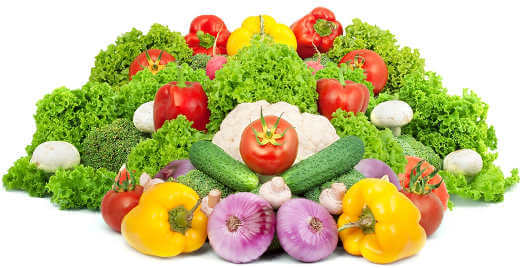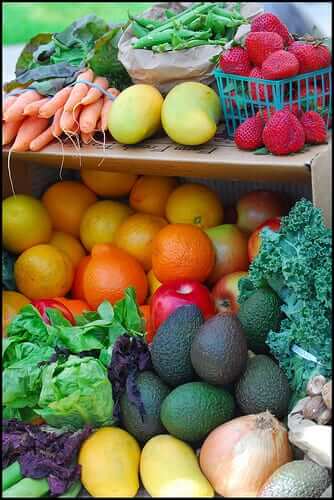Best foods for people with kidney disease
If you have been diagnosed with kidney disease, you know that your diet is just as important as medication. Eating foods for kidney disease can reduce or relieve some of the symptoms that come with having the condition. What you eat also plays a large role in the effectiveness of treatment and prescribed medication. Creating…
This post may contain affiliate links. Please read our disclosure policy.
If you have been diagnosed with kidney disease, you know that your diet is just as important as medication. Eating foods for kidney disease can reduce or relieve some of the symptoms that come with having the condition. What you eat also plays a large role in the effectiveness of treatment and prescribed medication. Creating a healthy meal plan is the best thing you can do to encourage recovery and lifelong good health.
What causes kidney disease?
There are a number of factors that can cause kidneys from functioning properly. One of the reasons that kidneys malfunction is because there is not enough blood flowing to these vital organs to help them perform their tasks. This is often the case with people who lose a lot of blood because of an injury. Renal failure is also common among patients with diabetes, immune system disorders and high blood pressure.
Taking certain medications or overdosing on medicines can eventually lead to complications in the kidneys. Other possible causes are pregnancy complications, enlarged prostate and infections.
What are the symptoms of kidney disease?
Kidneys are responsible for cleaning your blood of toxins and waste, regulating blood pressure, producing vitamins for healthy bones, producing red blood cells and producing urine. This is why people with kidney disease experience difficult urination, changes in the color of urine, swelling, feelings of fatigue, nausea, vomiting, dizzy spells, bad breath, back pain, leg pain, poor concentration and itching.
Which foods are best for kidney disease?
The best foods for kidney disease are those rich in antioxidants, minerals, vitamins and other nutrients to help inflammation, keep blood sugar normal, increase bone density and give you lasting energy.
Vegetables like cauliflower, cabbage, onions, bell peppers, green beans, spinach, celery and garlic are the ideal foods for kidney disease because they contain the vitamins, antioxidants and fiber to reduce inflammation and neutralize toxins in the blood. Your selection of fruits should always include apples, berries and grapes.
Fish and egg whites are good sources of protein and have fatty acids that lower inflammation. Eggs are also rich in iron, which is essential for the production of red blood cells. For healthy fats, try including nuts and cooking food with olive or vegetable oil.
Drinking plenty of water is imperative for flushing out waste and diluting your urine. Water also helps to get rid of excess chemicals in your blood that could lead to other health issues.
What are the worst foods for kidney disease?
Avoid processed, packaged foods as much as possible because they contain a lot of salt. Sodium worsens high blood pressure. Canned soups, vegetables and sauces contain high levels of sodium and should be swapped for fresh produce instead. Also, do not add salt while cooking if you would like to prevent or treat kidney disease.
Dairy products should be eaten in moderation because they increase calcium in urine, which might cause kidney stones. Caffeinated and carbonated drinks should also be avoided because of their effect on blood pressure.


Leave a Comment